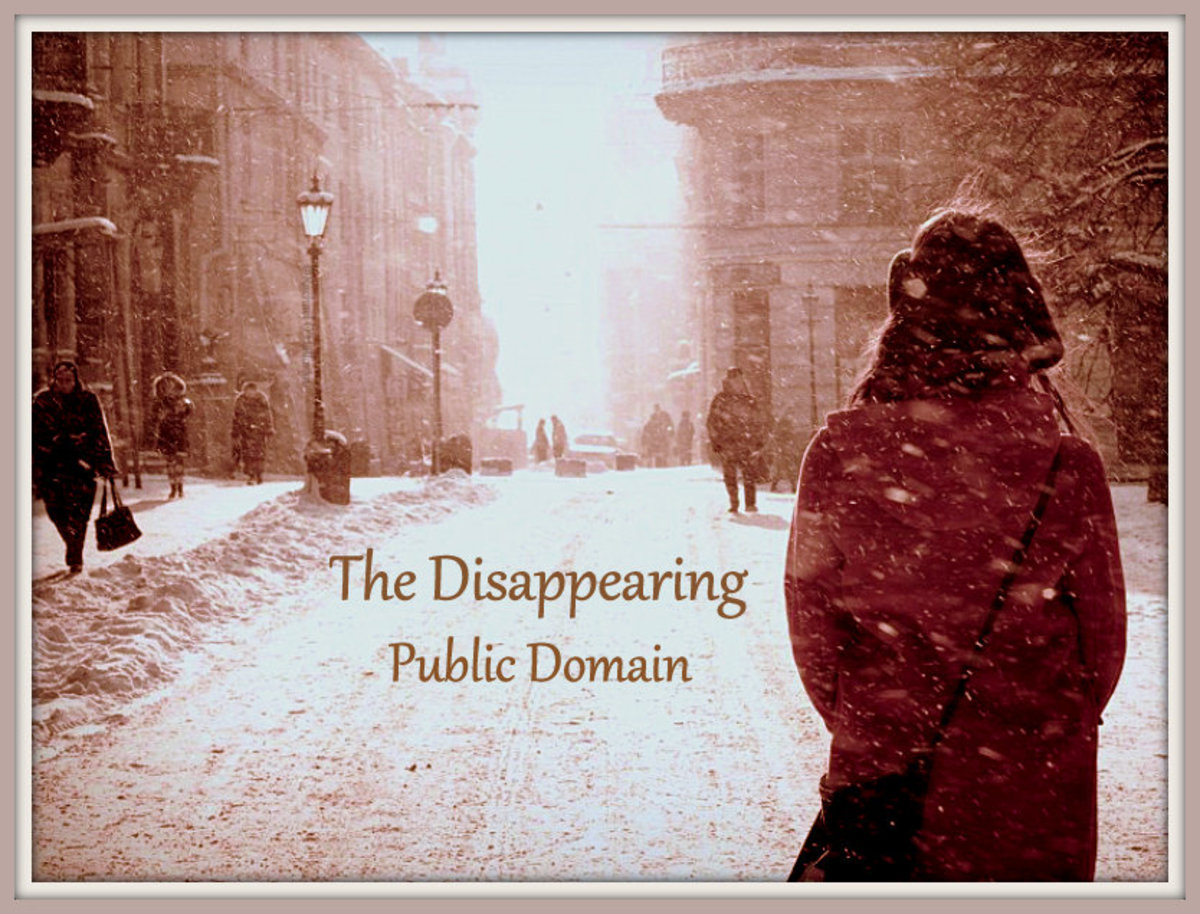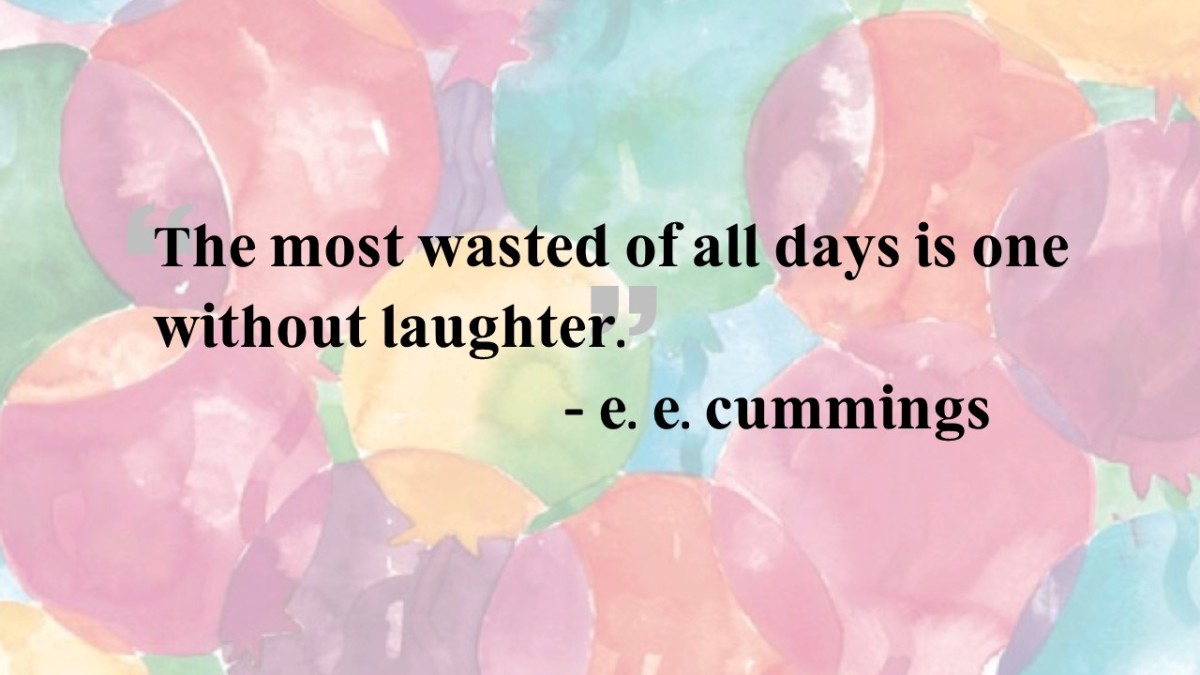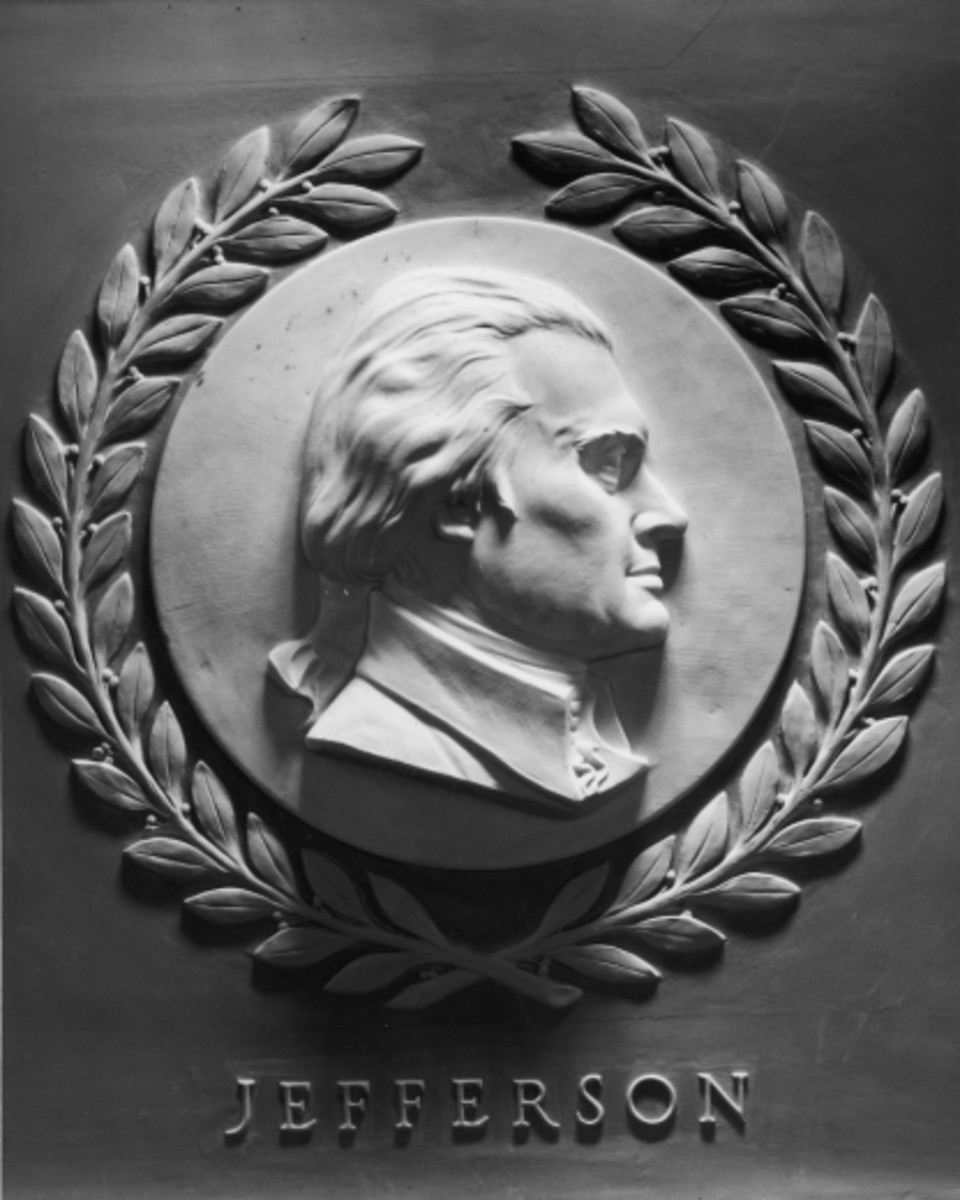Are Jokes Found On Websites Copyrighted?

This hub is in response to a question about whether jokes published on websites are copyrighted. I have been surfing the web for jokes to reproduce on my hubs and I have come across exactly this same issue. I think it’s a great question, and I have decided to do a hub about it.
The Short Answer
For those of you who are short on time, and those who like their issues either black or white, I will give the short answer first. The short answer is that everything on a website, including the jokes, is copyrighted unless it has been stated otherwise.
The Long Answer
But, regarding content such as jokes, which is copied and recopied and then copied again, without much regard for copyright, it is a little murkier. To start with, there is a good chance that the website copied the joke from somewhere else on the web and so is not the originator of the joke. In other words, the website itself might be violating somebody else’s copyright.
And, because the same jokes are copied all over the web, it is difficult, if not impossible, to find the original author of the joke. So, if you wanted to reproduce a joke, and wanted to ask the copyright holder for permission, you have a very hard task ahead of you.
Furthermore, some of the jokes are changed by the webmaster. In many cases, the change is slight, perhaps just involving the names of people and places. Such a change would probably be considered a derivative work of the original, and is still subject to the same copyright protection.
At other times, the change is significant, involving a complete rewrite with only the main thrust of the joke staying intact. It will then be arguable whether the webmaster has created a new piece of work and hence is entitled to hold the copyright, or the changed work is still considered a derivative, and is still subject to the rights of the original copyright holder.
A Real Life Example
While this did not happen on the Internet, it does underline that reproducing somebody else’s joke is no laughing matter. In November 2006, Jay Leno and his fellow plaintiffs filed a lawsuit claiming that his jokes were being reproduced without his permission. The target was Judy Brown, who edited a series of joke books, and the publishers of those books.
The matter was settled when Brown’s publishers agreed to stop the distribution, manufacture and sale of the joke books. In addition, an undisclosed sum was also paid out by the defendants.1
Disclaimer
I am not a legal professional and while I believe that all the information in this hub is accurate, I make no guarantees as to its accuracy.
Resources
1. Jay Leno Gets the Last Laugh
2. Copyright
3. Plagiarism








